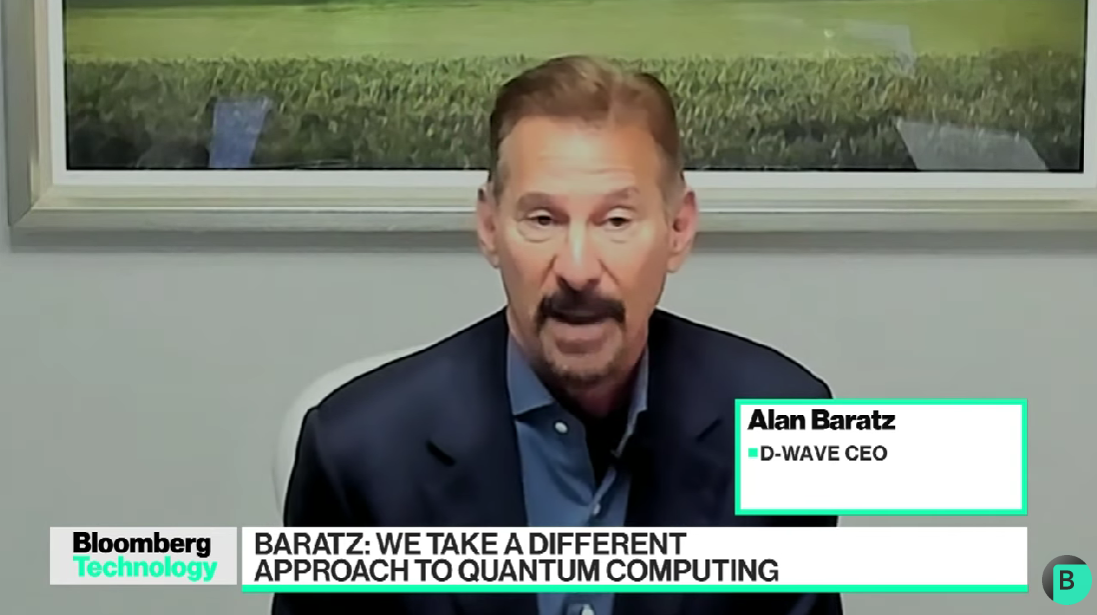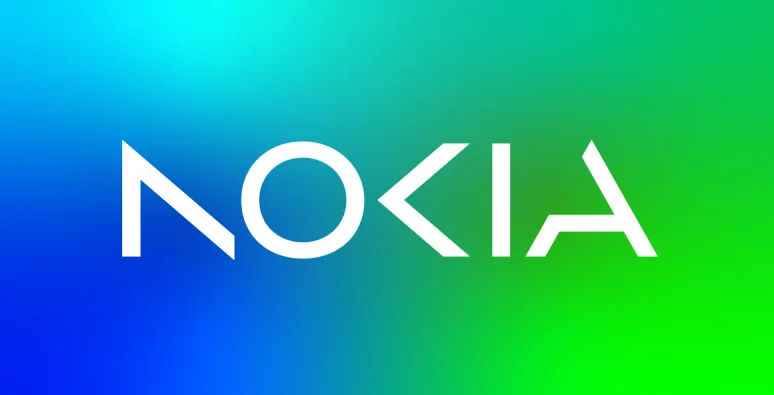D-Wave Quantum Systems Inc. is a Canadian firm specializing in quantum computing. Headquartered in Burnaby, British Columbia, it earned the distinction of being the pioneering company in the sale of computers that harness quantum phenomena for their operation. Among D-Wave’s initial clients were Lockheed Martin, the University of Southern California, Google/NASA, and Los Alamos National Lab.
D-Wave’s computational approach doesn’t encompass a general-purpose quantum computer; instead, its systems are dedicated to specialized quantum annealing. However, it’s noteworthy that in 2021, D-Wave announced its intentions to venture into the development of universal gate-based quantum computers in the future.
Recently, D-Wave’s CEO, Alan Baratz, sat down with Ed Ludlow, co-host of Bloomberg Technology, to delve into the prospects of quantum computing, the competitive landscape involving the United States and China, and the profound influence of AI on the field.
D-Wave’s Unique Approach
“You’re absolutely right. Most people in the industry are saying that quantum computing is years away from commercial reality but at D-Wave we took a very different approach to quantum computing, one that has allowed us to deliver commercial quantum computers today,” said Baratz, off the interviewer’s point that the misconception that quantum computing is still at the theoretical stage and not having a real-world technological impact yet.

“In fact,” Baratz continued, “we’ve been delivering them for almost two years now. We have over sixty commercial customers that are leveraging our quantum computer to see improved performance and a broad array of business applications.”
Devil’s Advocate
The host then wanted to play devil’s advocate and highlight that though D-Wave may have sixty commercial customers, revenues are low.
“Commercial quantum computing is still early. In other words, even we were not commercial until a little over a year ago,” said Baratz. “So, we’ve achieved that milestone and we are now getting started building the business. We have seen our bookings accelerate, quarter over quarter, for five quarters now. We have seen our average deal size grow significantly from tens of thousands of dollars to well into the hundreds of thousands of dollars and we are supporting applications as far-ranging as employee scheduling, e-commerce delivery, customer loyalty, rewards, optimization, optimization of marketing campaigns, even improving the performance of shipping ports. So, it is early days, but we’re off to a great start. And we’re really excited about the prospects for the future.”
The host was well aware that quantum computers fundamentally utilize quantum mechanics to perform computations more efficiently than supercomputers, though he was curious to know whether the proprietary and unique aspect of D-Wave’s technology sets it apart from others in the field.
“Yeah, so as I mentioned earlier, we’ve taken a different approach to quantum computing from everybody else in the industry,” said Baratz. “And in fact, we’re the only company in the world that pursues quantum computing in a way we do with the technology that we have developed.”
Baratz also mentioned that they have independently developed the entire technology, encompassing aspects such as design, quantum computer manufacturing, programming software and the quantum cloud service used by customers to access their quantum computers. He emphasized that they take care of the design, development, and delivery of this technology entirely on their own, and they hold extensive patent protection for all these innovations. According to him, they possess more than 200 granted patents in the United States, with over 100 additional patents currently in the global processing pipeline. Baratz asserted that D-Wave is the dominant player in this area.
China
The topic of China then came up with the host recalling that Phasecraft, a UK-based company, was on the program a few weeks prior. Phasecraft discussed their work in quantum algorithms and computing, and their founder, Ashley Montanaro, made an interesting observation, pointing out that China is advancing in the realm of quantum computing, emphasizing the collaborative nature of global efforts in this field.
“Given the current prominence of China in the news due to its technological developments, could you share your perspective on China’s progress in quantum computing?” the host asked Baratz.
“Yeah, you’re absolutely right. And in fact, this is a real concern,” said Baratz. “China is investing over $15 billion in quantum computing. I was in Europe last week. I was in the UK, Switzerland, Germany. They’re all investing heavily in quantum computing, with the UK over 4 billion in quantum. Unfortunately, the US is currently investing less than four billion in quantum computing. In some sense, we’re the laggard in this space and we absolutely must get our act together because this technology is going to fundamentally transform the way businesses operate and it will have a huge impact on the social and economic environment and the US must accelerate its investment in this area.”
Featured image: Bloomberg Technology
For more market insights, check out our latest quantum computing news here.
















